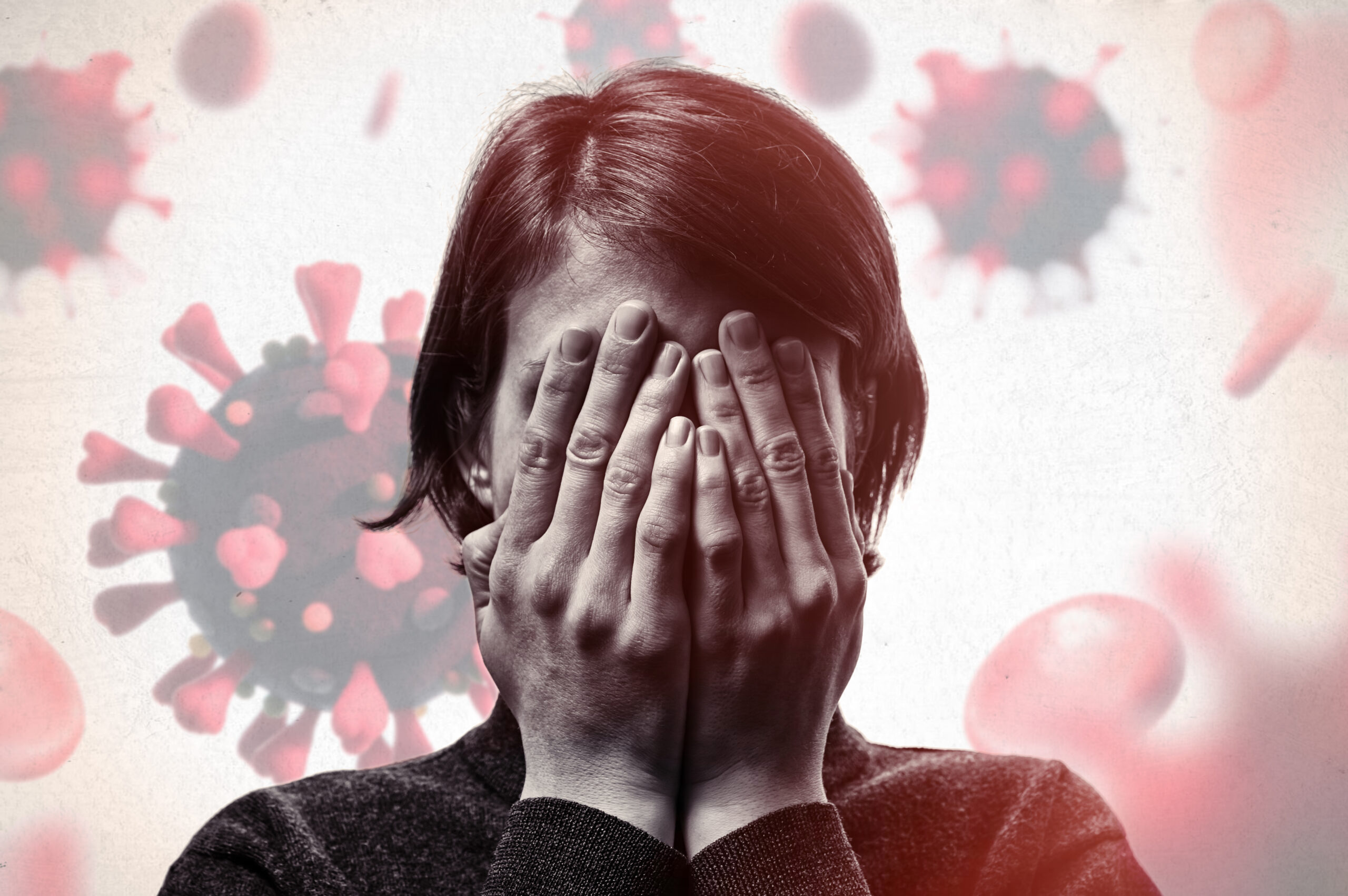As a psychologist, I see our world experiencing something on a global scale that I see in my office every day. That’s the thought: Our lives are not as we expected them to be. No one expected life to look the way it does right now and all of us have been affected. We’ve all had plans, trips, and events cancelled and had to adjust in many ways during this ever-changing time.
And these changes impact us. When we expect one thing and get another we tend to react in one of two ways: anger or sadness.
The difference between feeling anger and sadness depends on whether we believe our loss was within somebody’s control or not. To put it simply, if we believe the loss was preventable or controllable, then we get angry. If we believe it was unpreventable, we get sad.
For instance, if I want to go camping and my friend backs out at the last minute, I will get mad at him for messing up my trip. After all, he’s responsible for my ruined expectations. But let’s say I find out that every campground in my state is closed, and it is literally impossible for me to go camping. Then I will become sad (unless I can think of someone to blame).
These two emotions, anger and sadness, are on full display in response to this pandemic. Our hopes and dreams for 2020 have been altered and irreversibly changed. Like many others, on New Year’s Day I wrote a list of plans and goals for the year. You can pretty much throw that list out the window now.
Some will see all these changes–the businesses and schools closing, unemployment rising, and their stock portfolio plummeting–and blame the government for irrational overreaction. They see this disruption–both in their own lives and in the world as a whole–as preventable and unnecessary. And they are really angry.
Meanwhile, others resign themselves to the fact that closing down schools, businesses, and churches and social distancing and quarantining are necessary side effects of a pandemic. They believe that there’s nothing any of us can do about that. The damage has been done so they give up and give in. And they get sad.
Both of these reactions, while different on the surface, are rooted in the same experience: the destruction of hopes and expectations. Angry people are angry because they expected their lives to go one way, but someone (a politician, the media, a scientist, etc) ruined everything. Sad people are sad because they expected their lives to go one way, but now this horrible thing has happened and there’s nothing anyone can do about it.
If we can understand these emotions, and understand where they are coming from, then the path to better mental health starts to become clearer. The first step is recognizing what we are feeling. Are you feeling angry, irritated or annoyed? Or is your experience more low, blue or sad?
I have experienced both anger and sadness in recent months. In March I was eagerly awaiting a trip to Moab with good friends. That trip was cancelled. We had been planning the trip for months, and then suddenly at the last minute our plans were ruined. At first I was angry. “Closing Moab? Who made that decision? This is ridiculous! That must be one of the safest places to be in the country!” Then after the anger subsided I was sad. “They closed the park and no one can go. I guess there is nothing I can do. I suppose I will just have to stay home, mope, and watch Netflix.”
When we understand our emotions, we realize these feelings are natural, normal, and logical during a time like this. That’s why validating our experiences of these emotions is so incredibly important. It does no good to say, “I shouldn’t feel mad about this!” On the contrary. It makes perfect sense that I was mad and then sad about losing my trip. It makes sense that my niece is sad about losing her high school graduation. It makes sense that my friend is annoyed at his kids being home from school all day. All of these feelings make sense. This is not the life we expected.
Sometimes we just need to give ourselves permission to feel the anger and the sadness, at least for a little while. We may not like feeling these emotions, but when we start to view our feelings through this lens we can understand that they are actually very reasonable.
If you are experiencing anger or sadness in this season, there is a reason for it. Recognize the emotion. Understand the reason. Give yourself a little grace for having these feelings. And then (and only then) you can start to work on moving to a better place.






Leave A Comment